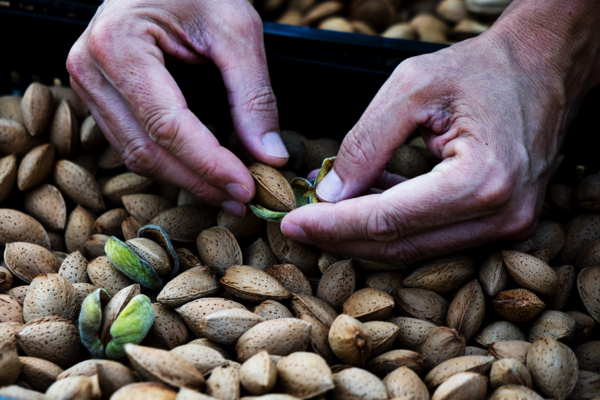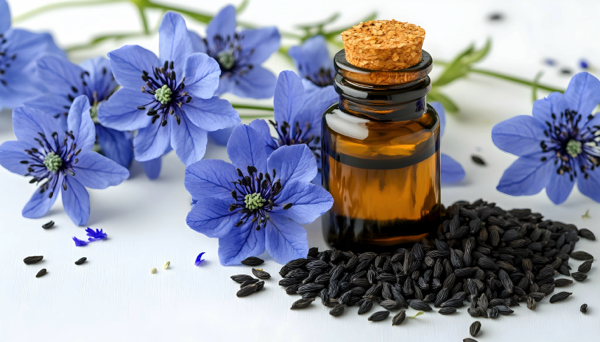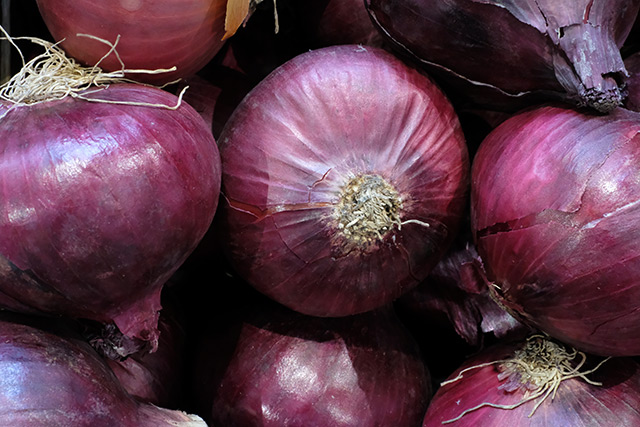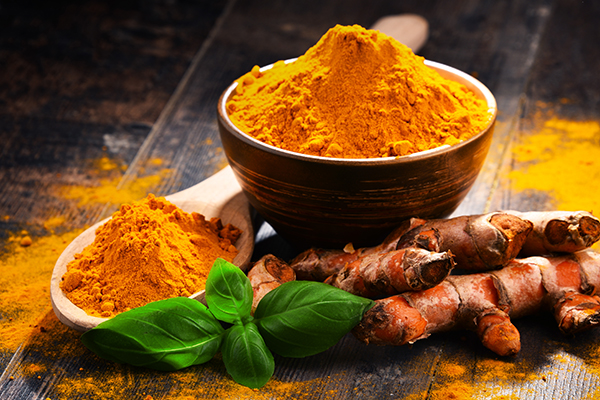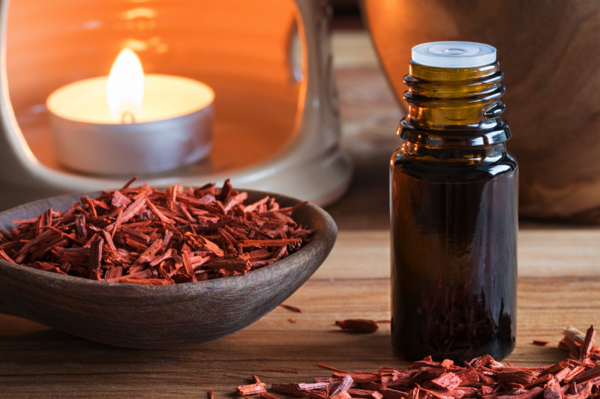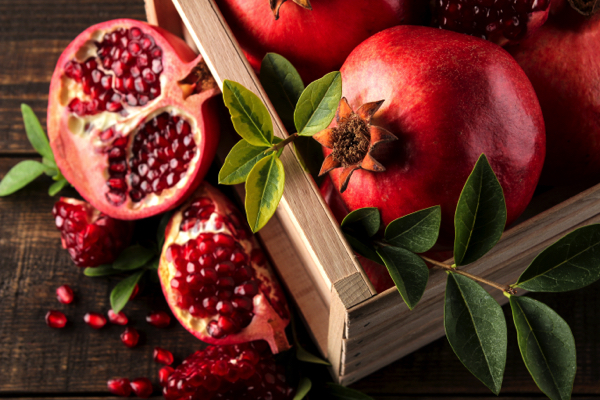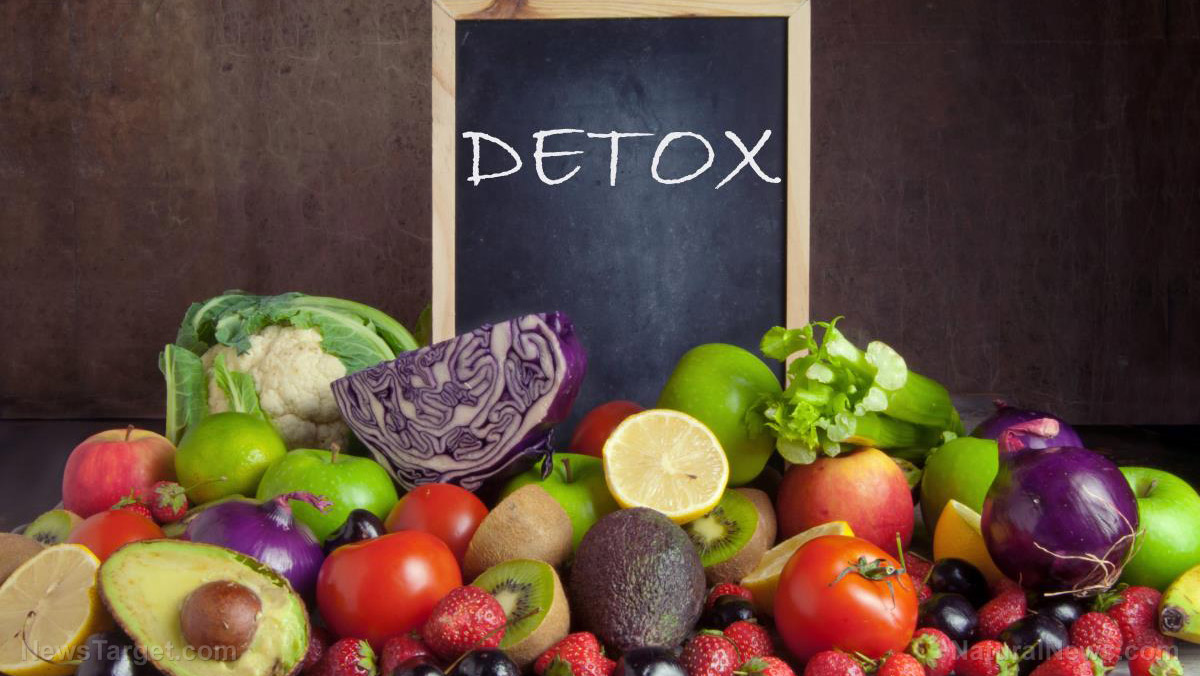There’s a vitamin that helps the body utilize nutrients, maximizing cellular repair and energy production
10/16/2024 / By Lance D Johnson

Niacin, also known as vitamin B3, is a vital nutrient that helps the body utilize other nutrients, maximizing cellular repair and energy production. From converting food into energy to supporting skin health and protecting the nervous system, niacin is crucial for maintaining optimal health and preventing cancer into old age. As an energy vitamin, niacin is necessary for athletes after they workout or play sports.
Niacin, the energy vitamin
Imagine your body as a high-performance engine. Just as an engine requires oil to function efficiently, our body needs niacin so our cells can convert food into usable energy. Niacin, in its active forms, nicotinamide and nicotinic acid, acts as a coenzyme for the metabolic pathways that produce adenosine triphosphate (ATP). Because niacin is central to energy production, it facilitates the breakdown of fats, carbohydrates and proteins, enabling the conversion of these macronutrients into ATP.
The ATP, produced in the mitochondria of the cell, is the energy fuel of the cell, essential to the very biological function of the cells, and collectively, to the body as a whole. ATP energy is needed for physical activity to thought processes. Without sufficient niacin, our cells would struggle to generate the energy needed for basic functions, and we would become lethargic and weak, like an engine with bad spark plugs, transmitting limited power to the engine’s cylinders.
Research suggests that niacin also has protective effects on the nervous system. Studies indicate a correlation between higher niacin intake and a reduced risk of neurodegenerative diseases such as Alzheimer’s and Parkinson’s. Niacin aids in repairing the myelin sheath around nerves, thereby enhancing nerve function and reducing inflammation. Niacin also combats oxidative stress, accelerating the conversion of stem cells into nerve cells, enhancing their survival.
Furthermore, niacin plays a significant role in DNA repair and cellular health. By maintaining energy levels within cells, it supports processes that mitigate cancer risk. Clinical studies have shown that higher niacin intake can lower the incidence of skin cancers and improve survival rates in cancer patients.
More than 400 enzymes depend on niacin, making it critical for proper body function. While the body can synthesize niacin from the amino acid tryptophan, it is crucial to consume niacin-rich foods to meet daily requirements. Foods that are high in niacin include: liver, chicken, turkey, beef, fish and pork. Vegetarians can find niacin in nutritional yeast, mushrooms, asparagus, sweet potatoes, nuts and legumes. However, the bioavailability is generally higher in animal products. Men need 16 mg of niacin per day and women need 14 mg. To maximize the bioavailability of niacin from grains, processing methods like roasting, germinating or fermenting can help. For instance, the traditional method of nixtamalization used by the Aztecs makes niacin more accessible from corn.
Recommended daily allowance (RDA) for niacin:
- Pan-fried beef liver (3 ounces): 93% of RDA
- Grilled chicken breast (3 ounces): 64% of RDA
- Roasted turkey breast (3 ounces): 63% of RDA
- Cooked sockeye salmon (3 ounces): 54% of RDA
- Light canned tuna (3 ounces): 54% of RDA
- Roasted pork tenderloin (3 ounces): 39% of RDA
- Pan-browned ground beef (3 ounces): 36% of RDA
- Cooked brown rice (1 cup): 33% of RDA
- Dry-roasted peanuts (1 ounce): 26% of RDA
- Marinara sauce (1 cup): 64% of RDA
- Mushrooms (cooked, 1 cup): 30% of RDA
- Sunflower seeds (1 ounce): 23% of RDA
- Asparagus (cooked, 1 cup): 20% of RDA
- Avocado (1 medium): 15% of RDA
- Legumes (lentils, cooked, 1 cup): 10% of RDA
If you’re struggling with digestive issues, fatigue, weakness, skin rashes and cognitive decline, then your diet may not include enough niacin-rich foods. Niacin supplements can help; however, they can be overused, leading to other health issues. Plus, the body more readily metabolizes niacin from food sources, especially when niacin is in the presence of vitamin B6, riboflavin, vitamin B1, and iron — all of which aid in niacin’s assimilation.
Sources include:
Submit a correction >>
Tagged Under:
ATP, carnivore diet, cognitive decline, energy production, energy utilization, food is medicine, health science, lethargy, longevity, meat, natural health, natural medicine, nervous system, niacin, nutrient assimilation, nutrients, prevention, skin rashes, supplements
This article may contain statements that reflect the opinion of the author
RECENT NEWS & ARTICLES
COPYRIGHT © 2017 NATURAL MEDICINE NEWS


